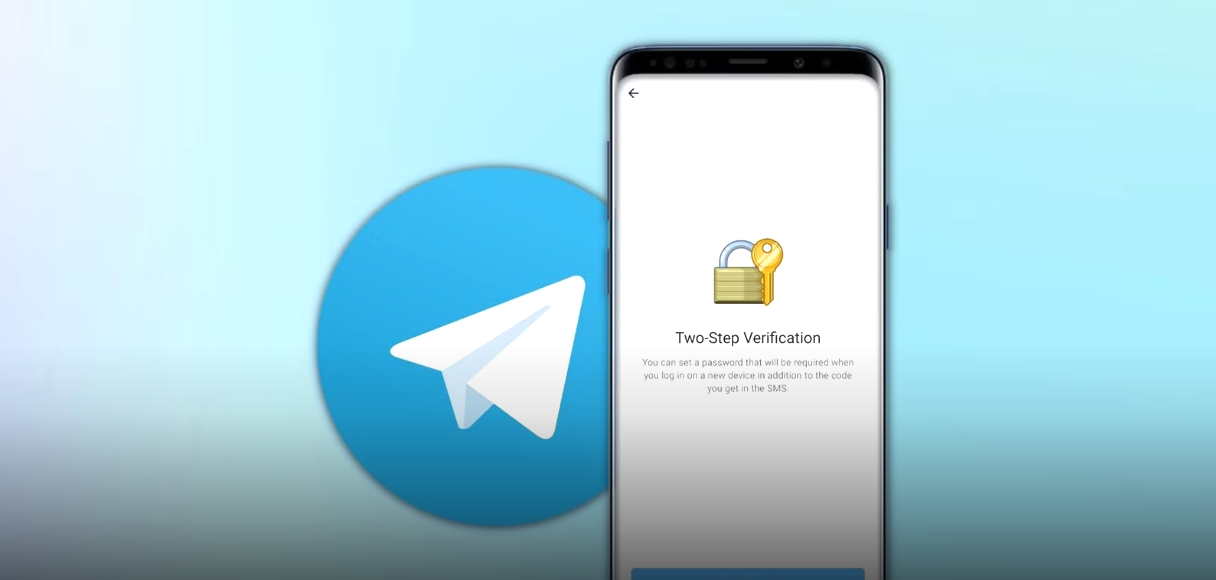In today’s office environment, high-quality desktop messaging options are not only a luxury, but something we all need. We generally use our smartphones as the go-to communications tool these days, but our productivity relies on being able to switch back and forth easily to a different screen when we need to take the initiative. Two messaging giants, WhatsApp and Telegram, provide desktop support, but those solutions have vastly different ideas about how and when to make this happen. This feature shootout takes a look at both the browser-based WhatsApp Web and the standalone Telegram Chinese to see which offers the better desktop experience.
The Core Experience: Connectivity and Design
At its core, WhatsApp Web is an extension of your phone. WhatsApp Web is a mirror service that requires your smartphone to be connected to the internet to work. If you visit web. whatsapp. com, scan the QR code you see when you open that link with your smartphone, you’ll see all of your chats automatically uploaded to the desktop. What’s more, the entire history of how you and your chats communicate is end-to-end encrypted—anything you type or send on the road will not get sent beyond your primary mobile device. If you just want to type faster and manage your chats from your computer without having to be inundated with messages, WhatsApp Web is ideal.
In stark contrast, the Telegram Chinese is an independent application. Once you install the desktop client, it functions as a stand-alone system. It automatically syncs your chats, contacts and the cloud messages directly across all your devices; so you won’t miss any calls on your phone, and you’ll continue your conversations with no interruption from your desktop. This independence is a massive selling point for users who prefer freedom and the comfort of using multiple devices. The interface is pretty clean, but for the most part feels more feature-rich and customizable from the get-go.
Feature Set: Functionality and Power
In terms of features it is a much wider gulf between the two. Whatsapp Web offers pretty much everything you need. You can send and receive messages, share files (with a 100 MB limit) and participate in voice and video calling from the desktop. It covers the basics nicely, but it doesn’t have the depth of its competition. For example you can’t create/manage broadcast lists, or edit group descriptions, entirely within WhatsApp Web; many more administrative tasks require you to use your phone.
This is where the Telegram Chinese shines. Telegram’s desktop app does almost everything that it can with its mobile application. You get to create huge groups (up to 200, 000 members), access all the nifty channel management features, and can even create chat folders (which are also great for keeping track of your conversations). All of these have two gigabyte limits per file (compared to Whatsapp Web’s 1 gigabyte limit per message). There are also lots of cool things to use like usernames (for message people you can’t use your phone number), custom themes, and some powerful bots… it’s a whole productivity lab in itself.
Security and Synchronization: A Philosophical Divide
Both services illustrate the obvious tradeoff between security and user convenience. WhatsApp Web has, for all personal chats and calling. It even maintains end-to-end encryption, so your phone’s encrypted chat and calling information never leaves your computer. That protects you from unauthorized access. But the upside is you are tied to your phone. If your phone dies, or you lose a connection, then you lose access to WhatsApp Web as well.
With the Telegram Chinese, however, our security model differs. Its “Secret Chats” are encrypted from end to end and specific to each device but cloud chats are encrypted between the client and server and stored on Telegram’s servers, which is exactly what gives it its powerful multi-device independence and scalability. You can start a conversation on your phone and pick it up fully and seamlessly on your desktop — no big deal. It’s definitely the best choice for users who value accessibility and multi-device harmony.
The Verdict: Purpose Defines the Winner
But the decision between these two desktop solutions really depends on what you care about.
But, if you consider your desktop client as your primary (independent) workstation for communicating, and you demand rich features, large file transfers, and freedom to work without being attached to the phone, then Telegram Download is the clear winner. It is an all-round messaging app made for power users who want more from their desktop application.
In conclusion, while WhatsApp Web is essentially the function-packed version of your pocket, the Telegram Chinese is all about a command center for communicating. You’ll find your way around this feature debate in whichever battle of mirrors and rivals you prefer: the more security-oriented and phone-reliant mirror, or the more feature-driven cloud client that roams free and on its own. If you want a truly powerful, as well as independent desktop messaging experience, then you can’t go wrong by finishing the Telegram Download.













